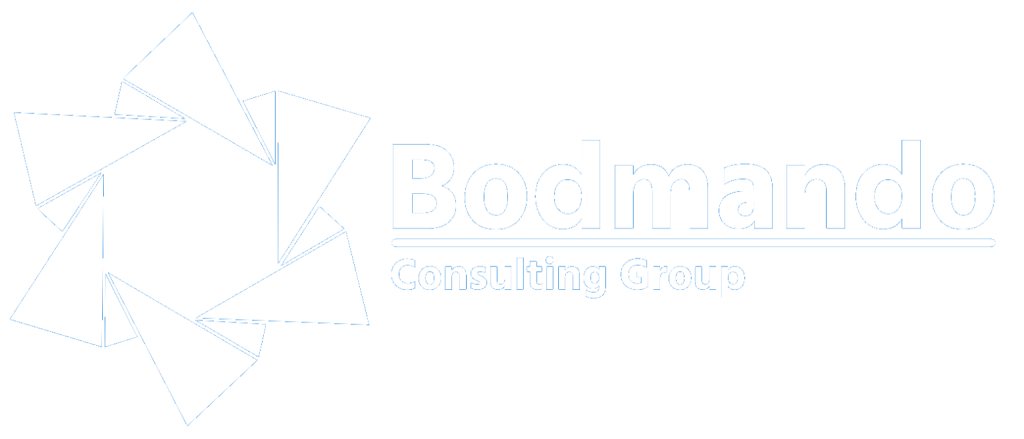Systems Thinking
Technical services
Systems thinking is rooted in unlocking of the complex
Systems thinking is rooted in unlocking and navigating complexity. In today’s development, policy, organizational, and social environments, challenges rarely exist in isolation. They are shaped by interconnected factors such as institutions, policies, people, behaviors, resources, and external forces. At Bodmando Consulting Group, we embrace systems thinking as a powerful approach to understanding these interdependencies and designing solutions that are holistic, sustainable, and transformative.
By identifying patterns of behavior and the underlying structures that drive events, systems thinking enables organizations to move beyond linear problem-solving. Instead of addressing symptoms, organizations can understand root causes, anticipate unintended consequences, and design interventions that strengthen entire systems. Bodmando applies systems thinking across monitoring and evaluation, organizational development, policy design, and program implementation to help organizations unlock complexity and create meaningful, long-term impact.
Technical services
Our Approach
Understanding Complex Systems
Bodmando supports organizations to understand the complex systems in which they operate, including institutional systems, community systems, policy ecosystems, and innovation and development ecosystems. We help organizations map the interconnected components of their internal operations and external environments, including actors, processes, feedback loops, and contextual influences. This approach enables organizations to see how different elements influence each other and how changes in one part of the system can ripple across the entire system.
Through participatory workshops, stakeholder consultations, and analytical frameworks, we facilitate shared understanding among teams and stakeholders. This shared understanding strengthens decision-making, enhances coordination, and supports the design of interventions that are responsive to real-world complexity.
Identifying Patterns and Structures
A key element of systems thinking is identifying patterns and systemic structures that shape outcomes. Bodmando analyzes recurring trends, behaviors, and structural dynamics that influence organizational and programmatic performance. Rather than focusing on isolated events, we help organizations understand systemic drivers such as institutional incentives, governance arrangements, power relations, information flows, and cultural norms.
By revealing these underlying structures, organizations can address root causes rather than symptoms. This approach supports more effective policy design, program interventions, and organizational reforms, ensuring that solutions are grounded in a deep understanding of how systems function and evolve.
High-Leverage Solutions
In complex systems, small, well-targeted interventions can produce significant and lasting change. Bodmando focuses on identifying high-leverage points—strategic areas within a system where targeted action can generate transformative outcomes. We work with organizations to identify these leverage points through systems mapping, causal loop analysis, and scenario modeling.
Our experts support organizations in designing interventions that influence system behavior, shift incentives, strengthen feedback loops, and enhance system performance. By focusing on leverage points, organizations can maximize impact, optimize resource use, and achieve sustainable change without unnecessary complexity or cost.
Integrated Strategies for Impact
Systems thinking enables organizations to design integrated strategies that align policies, programs, stakeholders, and resources toward shared outcomes. Bodmando helps organizations move beyond siloed approaches by developing strategies that recognize interdependencies and promote coordination across sectors, departments, and stakeholders.
We support the integration of systems thinking into strategic planning, monitoring and evaluation frameworks, and adaptive management processes. This ensures that organizations can respond to emerging trends, manage uncertainty, and continuously adapt their strategies based on system dynamics and learning.
Technical services
Our Services
Systems Mapping and Modeling
Bodmando provides technical support in systems mapping to visualize and analyze the interconnections within programs, organizations, and broader ecosystems. Through causal loop diagrams, system maps, and stakeholder network analyses, we help organizations understand how actors, processes, and feedback mechanisms interact. These visual and analytical tools support strategic planning, risk assessment, and decision-making by making complexity visible and actionable.
Pattern and Trend Analysis
We conduct in-depth pattern and trend analysis to identify systemic drivers that influence outcomes. This includes analyzing behavioral patterns, institutional trends, policy dynamics, and environmental or market factors that shape system performance. Our analytical approaches combine qualitative and quantitative methods to provide organizations with evidence-based insights into system behavior and potential future scenarios.
Strategic Intervention and Leverage Point Design
Bodmando supports organizations in identifying leverage points within systems and designing strategic interventions that create transformative change. We work with organizations to develop intervention pathways, theory of change models, and adaptive strategies that address systemic barriers and reinforce positive system dynamics. Our approach ensures that interventions are not only effective but also scalable and sustainable.
Capacity Building in Systems Thinking
To institutionalize systems thinking, Bodmando provides capacity-building services for organizational teams, leadership, and stakeholders. We design training programs, workshops, and coaching sessions that equip teams with the knowledge, tools, and skills to apply systems thinking in planning, implementation, monitoring, and learning. Our capacity-building approach emphasizes practical application, enabling organizations to embed systems thinking into everyday decision-making and organizational culture.
Technical services
Why Systems Thinking Matters
Systems thinking enables organizations to navigate complexity, anticipate unintended consequences, and design solutions that strengthen entire systems rather than isolated components. It supports adaptive management, innovation, and resilience in the face of uncertainty. Organizations that adopt systems thinking are better positioned to address complex development challenges, implement effective policies, and achieve sustainable impact.
At Bodmando Consulting Group, we integrate systems thinking into our broader technical services, including monitoring and evaluation, policy and strategy design, organizational development, and knowledge management. This integrated approach ensures that organizations not only understand complexity but also translate insights into action.

